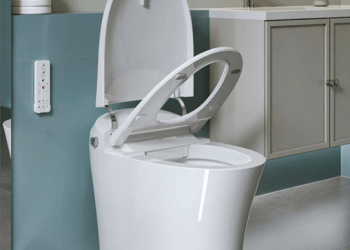Both wills and trusts can be used to distribute assets after death, but they serve different purposes. The key distinction is the manner in which your assets are divided. Probate, the legal procedure through which a will is put into effect, can be time-consuming and expensive, depending on the amount of the estate. If you have a trust set up, your assets will flow directly to your beneficiaries without going through the probate process.
Before determining which option is best for you, read on to learn about the trade-offs between them. Consult with an Attorney for free if you have any further inquiries about Wills and Trusts.
Possible Benefits-Will
The process of making a will is simpler and less expensive than that of establishing a trust. For smaller estates, the upfront costs of establishing a trust could end up being more than the savings realised by avoiding probate. Having your assets held in a trust also relieves you of the responsibility of re-titling them or dealing with the additional paperwork involved in setting up a trust. Lastly, using a will necessitates judicial supervision of your estate, which may be a deterrent if you are doubtful that your assets would be allocated as you intend.
Potential Drawbacks-Will
One major drawback of wills is that they must be probated, which requires judicial oversight of the transfer of property. This increases both the time and money needed to complete the process. In addition, the distribution of your inheritance will be recorded in public court documents, which anybody can access by visiting the courtroom. Because it doesn’t go into force until after your death, a will can’t be used to designate a caretaker in the event of your incapacitation; for that, you’ll need to create a separate document.
Benefits Of Trust
By creating a living trust, you can avoid the lengthy and expensive process of probate and instead leave your assets directly to your beneficiaries. This protects your family’s privacy and helps your estate to be distributed more quickly, especially in areas with complicated probate regulations. A trust is a convenient way to transfer assets between people when those people live in different states. You may also need to go through probate in the other states if you have a will. Your trust agreements take effect immediately, so you can add things like your wishes for the end of your life and who you want to be your guardian if you become disabled.
Problems With Trust
When dealing with trusts, the most challenging part is actually establishing one. A trust requires you to retitle your assets in the name of the trust, which may be a time-consuming and costly process. If property is not retitled into the name of the trust, it will not be transferred to the beneficiaries outside of probate. Trusts don’t provide any additional security for your assets and don’t help you save on estate taxes. Any assets placed in a revocable trust are still subject to the claims of your creditors.
Which Is Better
When deciding between a will and a trust, there is no correct solution
We have discovered that the cost-benefit analysis of establishing a living trust improves significantly when real property is at stake. The savings from avoiding probate can often surpass $10,000, and that’s just for a principal residence. When compared to the expense of establishing a trust, the savings are clear.
Clients who are worried about leaving a sizable fortune to their children, whether because they are still young or have exhibited signs of financial irresponsibility, may find comfort in living trusts as an alternative to a will. With a living trust, these customers can control and safeguard their children’s inheritance by limiting their access to the funds.
A simple Will is usually sufficient for clients who don’t own any property and/or aren’t concerned about the future of their children’s inheritance.













